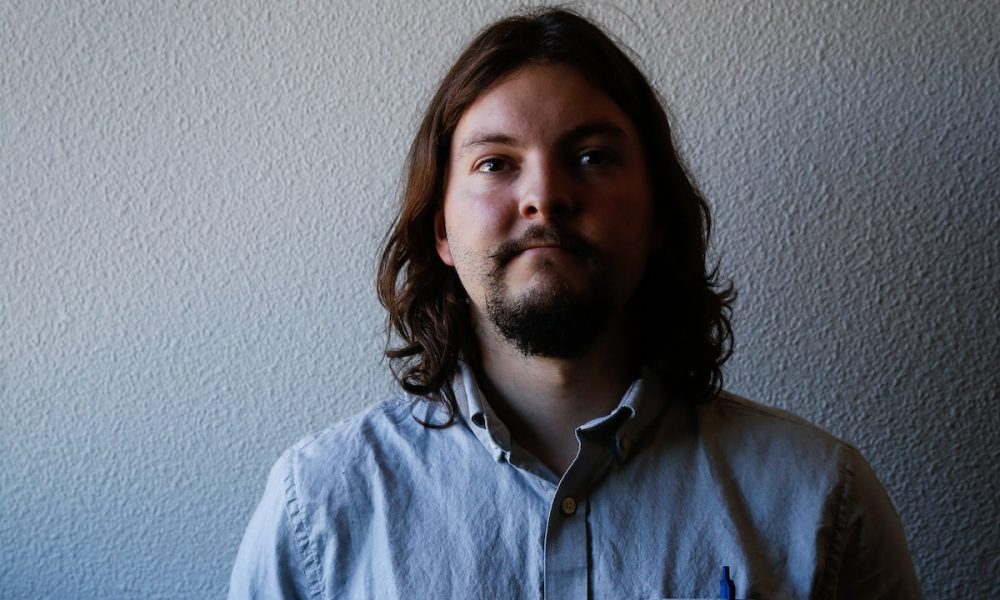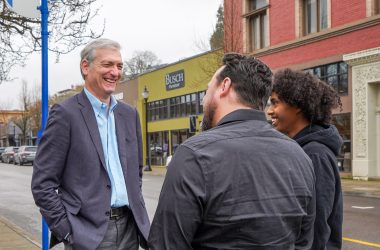
(Moriah Ratner/Special to Salem Reporter)
There are times as a reporter I feel I take more than I give. I felt that way recently.
Last week I met a family still in grief over a loved one who died. I drove to Portland one night to an office, and on the drive I was already outlining the article in my head.
That washed away, though, when I shook their hands and I came back to reality. They had questions for me first. Why did I want to write about her? What point could the article possible serve?
Reporters spend so much time asking questions that sometimes we don’t talk about the questions others ask us — or the questions we ask ourselves.
Why am I entitled to this information? What gives me the right to pick up the phone and say “Tell me this and that. Send me this, give me these, and make time for me?”
That’s a grossly oversimplified look at reporting, but it’s true that in many conversations I’m making an implicit ask: “Will you share with me?” It’s also true I wonder what I share in return.
In some cases, I know I have the right to ask questions. Press freedom is enshrined in the First Amendment. We must hold our leaders accountable.
But not everyone is an elected official or a government leader. The reasons I’m asking aren’t always so obvious.
For example, it doesn’t always come naturally to tell government attorneys that information should be disclosed through me because it’s in the public’s interest.
And I also used to struggle with phoning these families, asking for an invite into their hurt. I covered a school shooting in Roseburg in the first year of my career and I’ll never forget that day, approaching families with a notebook in hand while they cried.
I bring this up to say that when I drive home after a long day or I hang up the phone after a particularly difficult conversation, it helps me to think about what it is I actually do give back.
Articles I wrote after the Roseburg shooting recorded pain, sure, but also recovery. The articles contributed to conversations locally about a seminal, if tragic, moment in local history, as well as the ongoing, nationwide coverage about guns and mental health.
It’s times of mourning when it’s easiest for a reporter to feel like an intruder. Sometimes you’re lucky to give people catharsis. Sometimes you bring them new information that helps.
Even when there is no tragedy, sometimes someone will ask me “Why should I tell you?”
I tell myself I’m giving back to the reader. I know it can sound corny, but it’s a lot easier to push for the truth when you know the public has the right to know — or that the public should learn from another’s story.
In six months here in Salem, some of you have shared your stories with me. I can’t thank you enough. I do hope you personally get something out of it, or perhaps realize that there could be something for others to learn.
Have a tip? Contact reporter Troy Brynelson at 503-575-9930, [email protected] or @TroyWB.









